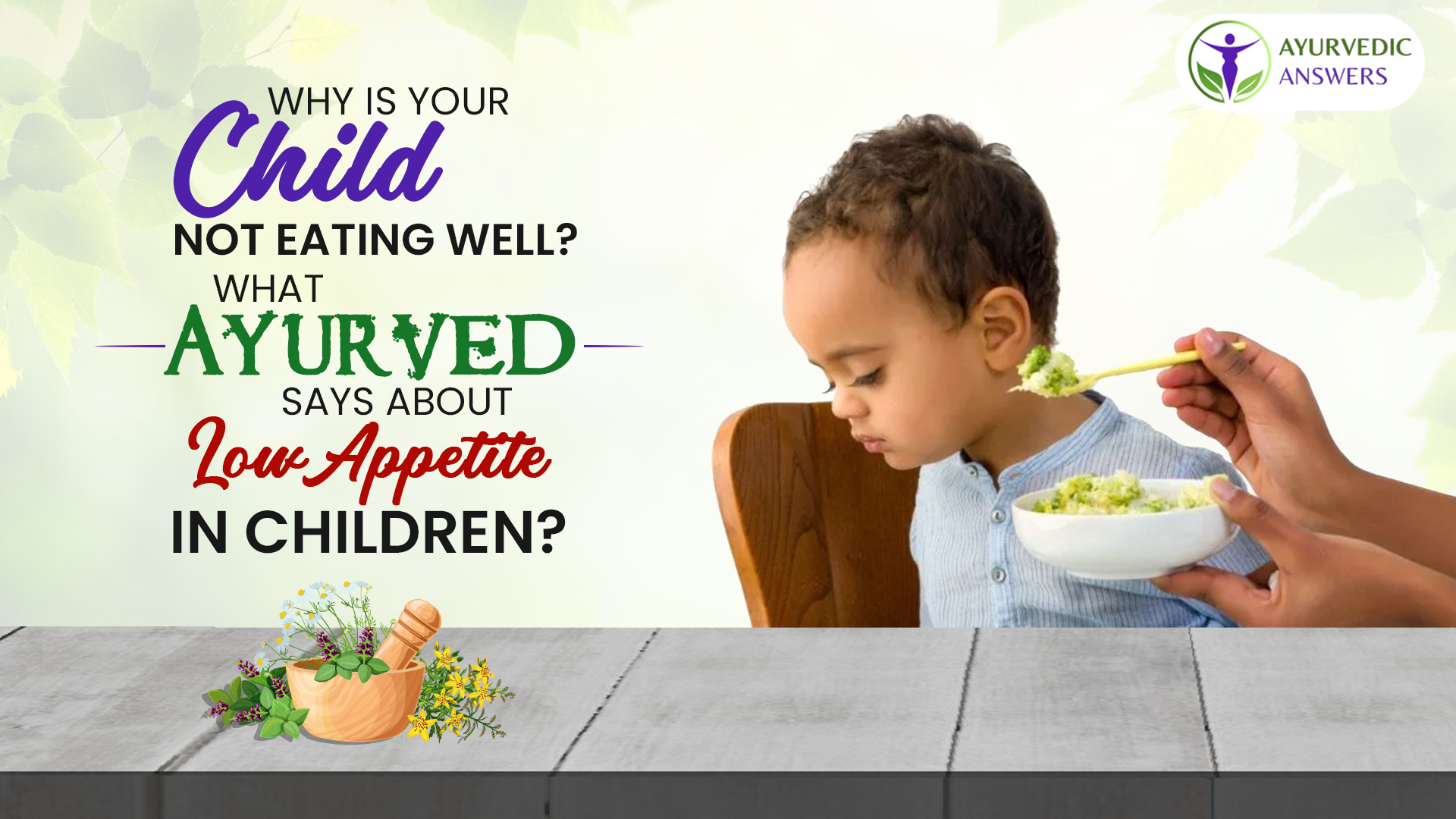As a parent, it’s natural to worry about your child’s health and well-being. One of the biggest concerns for many parents is when their child is not eating enough. Whether it’s due to picky eating habits, a loss of appetite, or a more serious underlying health condition, a lack of nutrition can have a significant impact on your child’s growth and development.
In this article, we’ll explore the common causes of a child not eating and provide practical tips and advice to help encourage your child to eat a healthy, balanced diet. Whether you’re a first-time parent or a seasoned pro, you’ll find valuable information that can help ease your worries and support your child’s healthy growth.
Possible factors for a child to avoid eating
No child ever wants to stay hungry. Fortunately, little children are still not aware of dieting, so they are not making a decision to stay hungry. So, what this implies is that there is no good appetite. A hungry child is not going to stay hungry. So, if he’s avoiding food, it simply means that he’s not hungry.
So, what are the factors responsible for killing the child’s appetite? Let’s explore
- Psychological factor
The first reason could be that the child is extremely pampered. If a child knows that if I refuse to eat what is prepared at home, I’m going to be getting all the junk food that I want.
- Frequent eating
A second reason could be that the child is eating too frequently, like every one or two hours. He continues to eat snacks.
- Drinking excess water
Another reason could be that he is in the habit of drinking too much water at a time. He’s having too much water, especially before meals or half an hour before meals.
- Heavy Foods
Sometimes parents try to give the child heavy foods, like lots of cheese or paneer. which they feel will help him gain weight, but they may be a bit too heavy for the child to digest, so this could be killing the appetite.
- Clearing the bowels
Another factor is: are the child’s motions regular? If he doesn’t clear his bowels regularly, he may not have a very good appetite.
- Sleep Timing
Is your child sleeping well, or is he sleeping at odd times? Children who sleep during the day for two or three hours tend to have a very low appetite. Loss of appetite can occur when a person does not get enough sleep, sleeps very late at night, and then gets up early in the morning for school.
- Choice of Food
Another reason is that sometimes children want a specific type of food, such as Dal-Rice or Khichadi, and if you force them to eat something like roti or another food, they may not like It. If you can see the type of food that he wants, the quality that he demands, then that needs to be adjusted all the time. The same kind of food will not make the child very good at eating.
- Environment
Another reason could be the eating environment. The place where the child is eating, the people he’s eating with—are they pleasant? Or are the people focusing too much on his plate, asking him to eat a bit too much?
Sometimes, he is not happy because there’s nobody around him when he’s eating. The food is served and he’s supposed to be eating alone.
- Pathological Reasons
Generally, a fever history or stomach issues like diarrhea and vomiting, frequent worms in the stomach are found among children not eating well. These need medications for a while to correct the digestion.
Conclusion
Once you have been through all the simple, logical factors, which can be taken care of at home. And if you still find that the child is not eating well, then you need to consult a doctor. And find out what has caused the problem. Consulting an Ayurvedic doctor can offer numerous benefits for child care. You can visit Dr Hiral Bhatt, who run an Ayurvedic clinic in Navi Mumbai, and can ensure that your child receives safe and effective care that focuses on improving their overall well-being.




